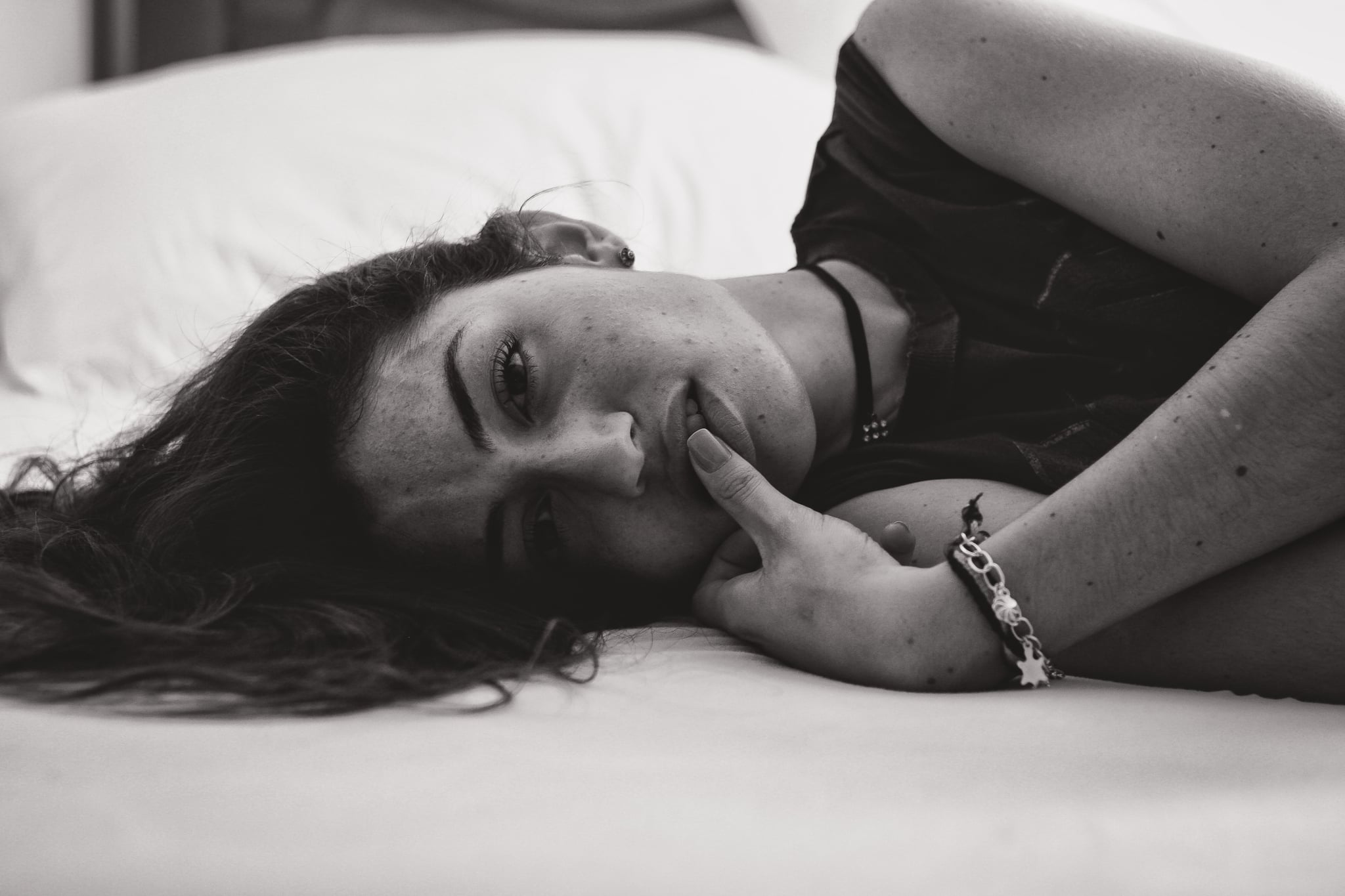What Is Orthosomnia
Obsessed With Tracking Your Sleep Pattern? You May Have Something Called Orthosomnia

Rest is an important part of mentally and physically recharging, so it's no wonder that everyone's trying to get as much quality shut-eye as they possibly can. Now that apps and wearable trackers have replaced the bags under our eyes as qualifiers for whether or not we had a great night's sleep, the game has definitely changed.
Considering how frustrating sleep issues such as fragmented sleep and insomnia can be, it's understandable that people go out of their way to treat them with the help of sleep trackers. However, according to a study, relying on technology to help you treat sleep issues is a slippery slope that can lead to a disorder called orthosomnia.
Researchers coined the term to describe people who are obsessed with getting perfect sleep. In a bid to study the effects of trackers on sleeping habits of adults in the US — of whom an estimated 10 percent wear fitness trackers — researchers found that the use of trackers to closely monitor sleeping habits would "reinforce sleep-related anxiety or perfectionism for some patients," with the consequent result being that, "Each patient was seeking treatment due to perceived insufficient sleep or periods of restlessness or light sleep."
Although the study's results didn't take into account whether or not participants had previously suffered from sleep disorders, these findings shed light on the importance of listening to your own body. Fitness trackers are rarely 100 percent accurate when tracking basic readings such as counting calories or runs, so you might want to take your nightly sleep analysis with a pinch of salt. Listen to your body and rest when you need to.







